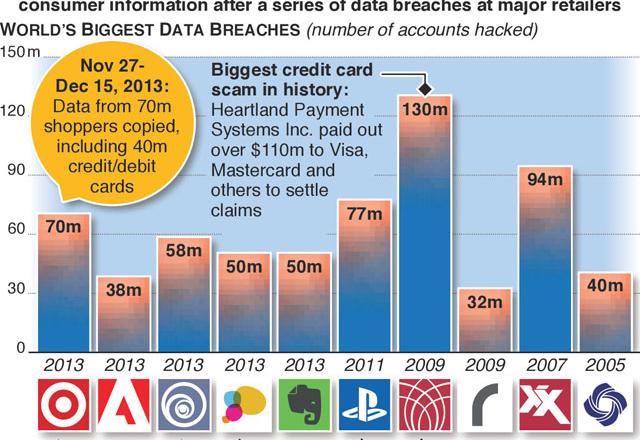You are here
Cisco calls for increased training to meet demand for IP networking professionals
By Mohammad Ghazal - Mar 07,2015 - Last updated at Mar 07,2015
AMMAN — With an international report showing a 30 per cent gap between labour market needs and the availability of IP networking professionals, Cisco Systems called for increased training and upgrading curricula to fill the gap.
According to the report, prepared by INSEAD The Business School for the World in collaboration with networking giant Cisco Systems, the gap for IP networking professionals in Jordan is growing at 29 per cent annually.
IP networking professionals are specialised in network security, IP telephony and wireless networking, in addition to emerging networking technology skills related to specific technologies such as unified communications, video traffic, cloud computing, mobility, data centres and virtualisation, according to the report.
“Jordan is one of the countries that are regularly keeping up to date with technological advancements. Data consumption in Jordan is growing rapidly and the constantly developing ICT sector in Jordan requires more IP networking professionals. Therefore, there is such a gap,” Robert Pepper, vice president of global technology policy at Cisco Systems, told The Jordan Times in a recent interview.
“Jordan is actually exporting professionals in the field to other countries,” Pepper added.
The Cisco executive called for updating university curricula as a solution, noting that the shortage of skilled IP networking professionals is expected to reach 1.2 million people in 2015.
The gap in IP networking professionals in Saudi Arabia stands at about 75 per cent, while in the United Arab Emirates it is 45 per cent and in Egypt, at 33 per cent, according to the report.
"Businesses, academia and the government in Jordan need to cooperate to address this issue as there is a great opportunity in this regard and the demand on such skilled professionals will continue to rise," Pepper said.
Demand for such professionals will increase in Jordan with the introduction of fourth generation services boosting data consumption, he noted.
"Users of fourth generation services consume four to five times more data than users of third generation services," Pepper said, adding that the majority of data traffic in Jordan will be video in the next few years.
Video consumption in Jordan represents some 50 per cent of total mobile data traffic at present and this will increase to 70 per cent by 2019, according to Pepper.
Growth in the number of connected devices and mobile subscriptions will play a key role in increasing the need for such professionals, he said.
The number of global mobile users will increase from 4.3 billion in 2014 to 5.2 billion by 2019, according to the Cisco VNI Global Mobile Data Traffic Forecast.
Mobile connections will increase from 7.4 billion in 2014 to 11.5 billion by 2019, according to the forecast, e-mailed to The Jordan Times.
Jawad Abbassi, chairman of the ICT Association of Jordan agreed that developing such skills is required at this stage.
"At present, several companies find it difficult to hire employees who already possess the needed skills. As networks are developing in Jordan so are technologies; therefore a constant upgrade of skills is required," Abbassi recently told The Jordan Times.
"The need for more IP networking professionals creates an opportunity for graduates and a potential to recruit more local ICT graduates, especially since some 6,000 Jordanians graduate with majors in the field annually and many of them either work in different sectors or work abroad in other fields," he added.
Related Articles
The ICT Association of Jordan (int@j) on Tuesday said an agreement signed this week between Jordanian universities and the International Finance Corporation (IFC) will play a key role in reducing unemployment among ICT graduates.
The ICT Association of Jordan (int@j) on Monday said local universities need to train IT students on cyber security skills, as a Cisco Systems report indicated that hackers worldwide are cashing in on the shortage of skilled cyber security staff.
Businesses in the region, including Jordan, face unprecedented levels of cyber attacks, according to the Cisco 2014 Annual Security Report, released on Monday















